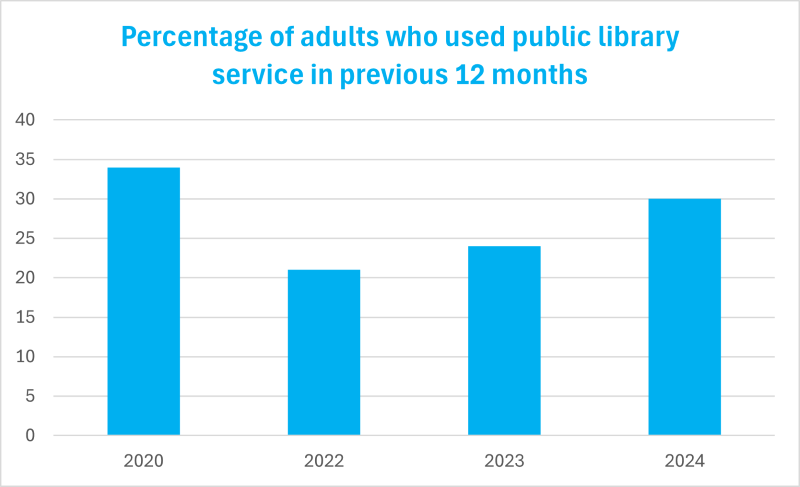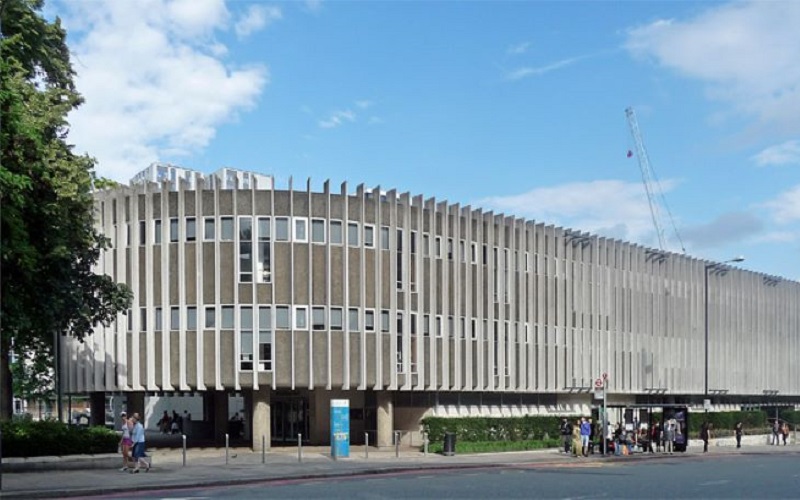The number of public library members in Camden has not yet recovered to its pre-pandemic level but is steadily rising.
A Freedom of Information request revealed there were 14,794 members of council-funded libraries in 2023 compared to 16,943 in 2019.
There was a sharp decline during the pandemic, with numbers dropping below 8,500 in 2021.
Founder of Camden Public Libraries Users’ Group Tom Selwyn said: “It’s news that I welcome and I’m not at all surprised.
“Libraries are at the centre of the way we serve our communities.”
Selwyn, 80, of Primrose Hill, added that libraries provide a wide range of activities for people of all ages, as well as offering a warm indoor space and IT equipment.
The Camden figures reflect a national trend of library recovery since the pandemic.

According to an annual participation survey by the Department for Culture, Media and Sport (DCMS), 30% of adults used a public library service at least once in the year 2023-24, an increase of six percentage points on the previous year.
There are nine public libraries in Camden: Swiss Cottage, Holborn, Camden Town, Kentish Town, Pancras Square, Highgate, West Hampstead, Kilburn and Queen’s Crescent.
In March, it was announced Camden Council would receive £499,999 from the government’s £20.5million Libraries Improvement Fund, the largest grant of the 43 library services in England.
The funding aims to help libraries upgrade buildings and digital infrastructure.
The Public Libraries and Museums Act 1964 requires local authorities to provide a ‘comprehensive and efficient library service’.
Councillor Sabrina Francis, cabinet member for jobs, young people and culture, said visitor numbers have increased due to a focus on inclusivity and accessibility.
She added Camden has the highest percentage of adult residents engaging with the library service in London and said the funding will be used to build on this progress, with details to be announced soon.
Analysis from the County Councils Network (CCN) shows that local council spending on library services, culture, heritage and tourism in England has fallen by £470million since 2010.
However, the report found councils are still the largest funders of arts and culture in England with a budget of £1.1billion in 2023-24.
Chair of Library Campaign Laura Swaffield said library services should not have to compete with each other for funding.
Swaffield said: “The library is the last public place that you can just walk into without having to buy a coffee or explain why you’re there, it’s your place.
“Really, libraries do almost anything for almost anybody.”
However, alternatives to traditional library provision have emerged in recent years, such as London literacy charity Doorstep Library which launched in Camden in 2021.
The charity, founded in 2010, sends volunteers into deprived areas to read with children up to the age of 11 in their own homes.

Doorstep Library CEO Katie Bareham said: “We’re taking the library to families, so we’re able to engage with those who are perhaps the most socially isolated.
“We don’t want to replace libraries, but we’re very aware that there are many people who wouldn’t contemplate going to one.”
Featured image: Steve Richards, via Creative Commons





Join the discussion